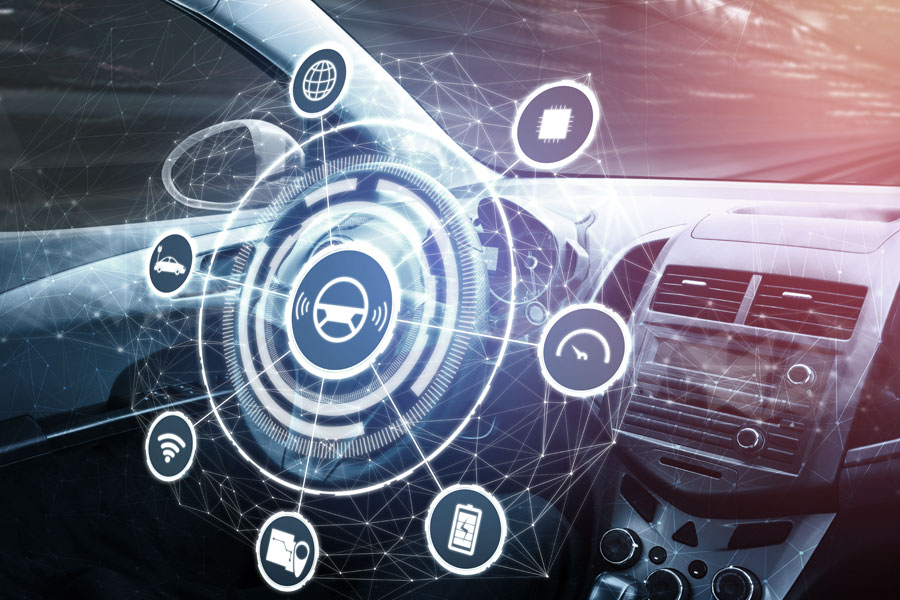June 24, 2021
Drivers Say They Fear Cyber Hi-Jackers

More U.S. motorists are getting worried about possible cyber-attacks on their connected vehicles, a survey by HSB, part of Munich Re, reported recently.
Some even believe a hacker could confront them over their car audio systems or disable automotive safety features.
The HSB poll by Zogby Analytics found that 37 percent of consumers who responded were somewhat or very concerned about the cyber security and safety of connected and automated vehicles.
A similar number (35 percent) feared that a virus, hacking incident or other cyber-attack could damage or destroy their vehicle’s data, software or operating systems.
In a similar finding, half of the 11 percent of survey respondents who drive electric vehicles said they were concerned that charging stations could be a point of entry for a cyber-attack.
Of the 55 percent of consumers who sync smartphones or other devices, 51 percent don’t know or aren’t sure what personal information is stored in their vehicle’s entertainment system.
“Our cars are more connected than ever,” said Timothy Zeilman, vice president for HSB, a provider of cyber insurance and services. “It’s hard for consumers to keep up with rapidly evolving vehicle technology and they wonder if their privacy and personal information is protected.”
Hackers on the Radio?
One in ten consumers reported a hacking incident or other cyber-attack had affected their vehicle, up three percent from a similar HSB poll the year before.
As connected technology continues to advance, some are concerned not only that their vehicle could be hacked, but also controlled by others remotely.
When asked what worried them most about a possible cyber-attack on their vehicle, 46 percent of consumers were very concerned a hacker might communicate with them over their audio system, perhaps to coerce them or demand a ransom payment.
Other top concerns were their vehicle being immobilized (25 percent very concerned), safety systems compromised (23 percent) and being locked out of their vehicle (14 percent).
The most common technologies installed in vehicles included Bluetooth (53 percent), navigation systems (42 percent) and vehicle safety sensors (39 percent).
Thirty-six percent of consumers owned smartphone apps that connected to their vehicles, while 24 percent had Wi-Fi or mobile hotspots that provided internet service on the road.
